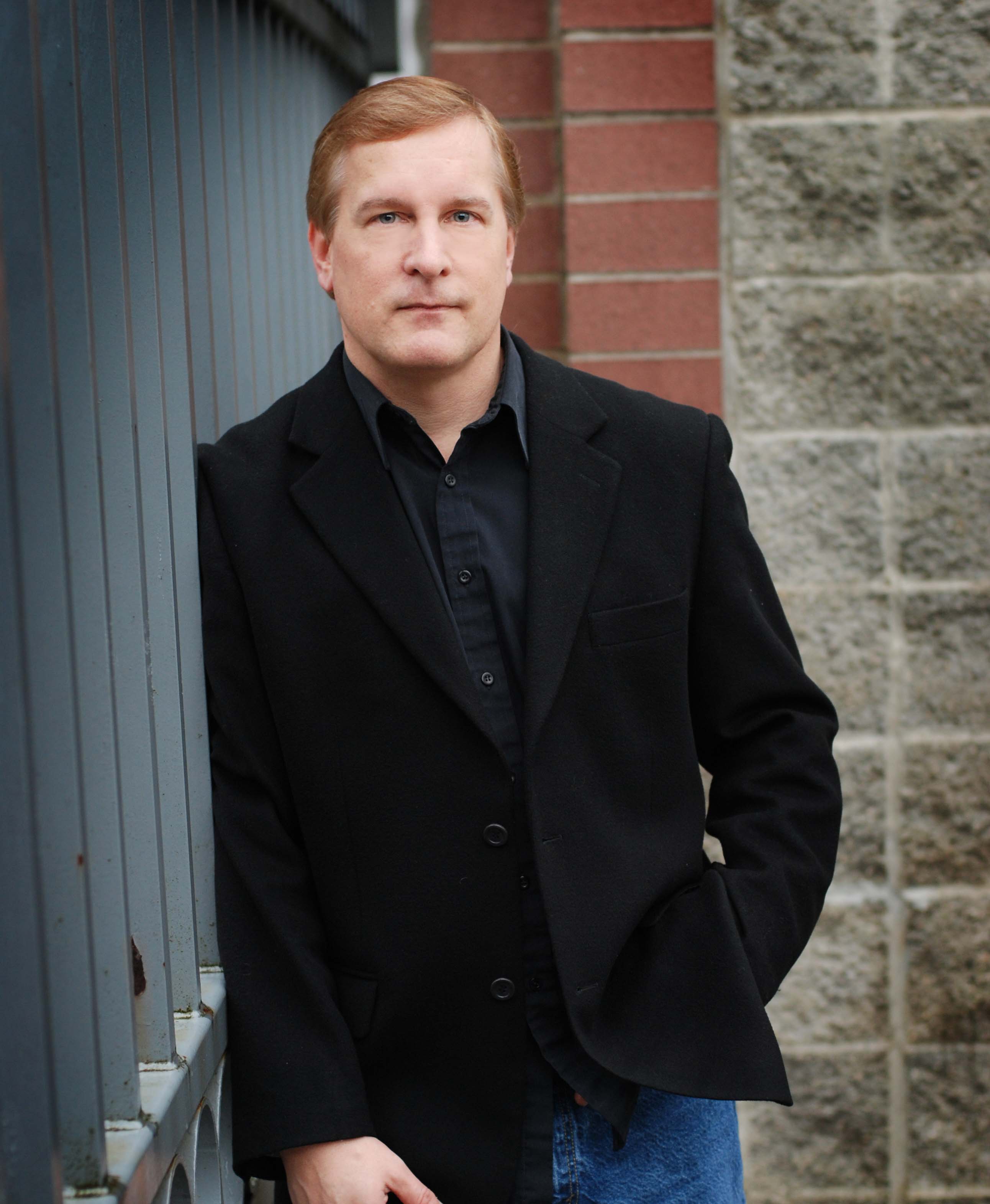|
I have some New Year's wishes for the resurrrection of what could and ought to be an exceptional school system.
I am a teacher. I have taught in secondary schools in a large, suburban school district for six years -- which limits
the amount of time I have had to become disillusioned, but grants me enough experience to comment on issues that I believe
to be facing our schools.
My first wish: that the teaching profession will cease to be a target for the public's wrath. The majority of the what
is published or broadcast about the profession is overwhelmingly pejorative.
True, there are poor teachers out there who do not care; there are teachers who abuse the positions of trust they have
been given. Similarly there are poor dentists, lawyers, plumbers, journalists, dog groomers and grocery store clerks who warrant
public scrutiny.
Those poor teachers -- just like the worst of those other professions -- are fortunately in the minority. The discussion
in the papers, on the talk shows and on the newscasts does not reflect the reality of my experience.
I suspect it does not reflect the reality of the students' experience either.
The vast majority of educators that I have worked with are committed to their students, care passionately about education
and want to see schools be places of excellence. Somewhere down the line teachers have been vilified.
My second wish is for the education system itself. I would like to see change -- radical change in the way that we
run things.
Too often -- and I suspect this is an truism in most of the public sector -- we are affected by what I describe as
THIAB thinking: That's How It's Always Been. THIAB is the reason so many good ideas often aren't implemented, or at least
not nearly as quickly as would be in the best interests of students. There are so many little things that when we add their
cumulative
effect together, can rob students of the best learning environments.
A few examples?
I wish for schools where deliveries of heavy equipment and new materials arrive outside of school hours. I have been
in the middle of a lesson, only to have trucks back up outside our classroom window, slamming equipment off of dropped tailgates
so no one in the room can hear what is said.
If classes run between 8:30 a.m. and 3 p.m., would is it so difficult to arrange for disruptive activities to occur
outside of class time? THIAB.
I wish to outlaw leaf-blowing devices anywhere near a public school. Apart from the poor example we set for students
about stewardship of our natural resources, I have had students writing examinations while grounds crew blow leaves off of
the steps outside my door. In November. In the rain. Has no one heard of a rake? THIAB.
I want to see school districts award contracts not just to the lowest bidder, but also to the contractor who is able
to do the best job.
I have worked at a school under construction. I wish that contracts would specify that construction workers -- wait
for it -- should have their work week on a school site include the weekends: a work week from Saturday
to Wednesday rather than Monday to Friday. That way, for at least two days per week, construction proceeds unhindered
by the needs of operating the school. Even better: schools would know that they have at least two days each week where they
don't have to worry about drills, jackhammers and saws interfering with reading, writing and arithmetic.
While we're at it, when construction projects get behind schedule -- as they inevitably do -- make it part of the original
contract that work will proceed in the evening, at least on the interior portions. The work proceeds at a greater pace and
there are fewer disruptions to students or the construction team.
"It can't be done," they'll say. "Contracts aren't designed that way." Construction isn't done
that way because we've allowed it to not to be done that way. THIAB.
Finally I wish for all of us to appreciate the immense gift and responsibility that public education is: students,
parents and educators alike. There is always a place for good times and fun activities in school. But there may also be room
for all of us to take it a whole lot more seriously.
If I had a dollar for every time a student was late for school because a parent drove him there late and wished the
child's tardiness to be excused, I'd be sufficiently wealthy to not even worry about these wishes.
As long as we're wishing, I'd like to put the kibosh on parents who continuously make appointments during class time
and expect -- demand, even -- that teachers prepare a separate lesson for their child to take
home with them.
While we're at it, perhaps more effort can be made to plan family vacations to coincide with holidays that the schools
already take. Aren't these the same parents who complain loudest about "educational time lost" on those rarest of
occasions when schools are closed due to job action?
The public education system isn't perfect. Far from it. I won't make perfection a wish: I wouldn't even know what it
looked like.
But a resolution we could all live with is a system that reinvents itself -- and is portrayed fairly -- to grow into
the world-class system our students so richly deserve.
David Russell is a freelance writer, performer and educator from the Vancouver area.
Reproduced with permission of the copyright owner.
Further reproduction or distribution is prohibited without permission.
|
